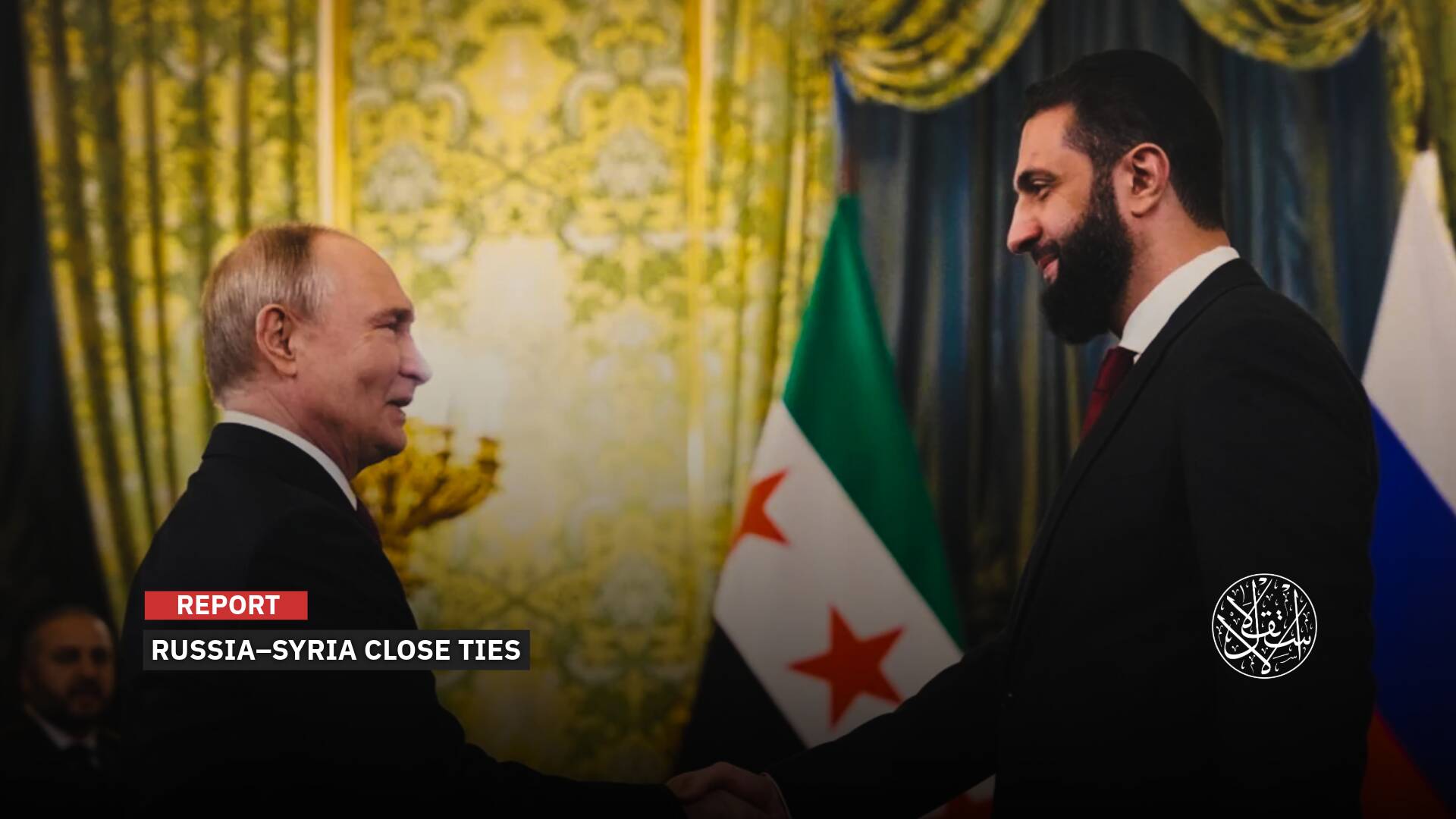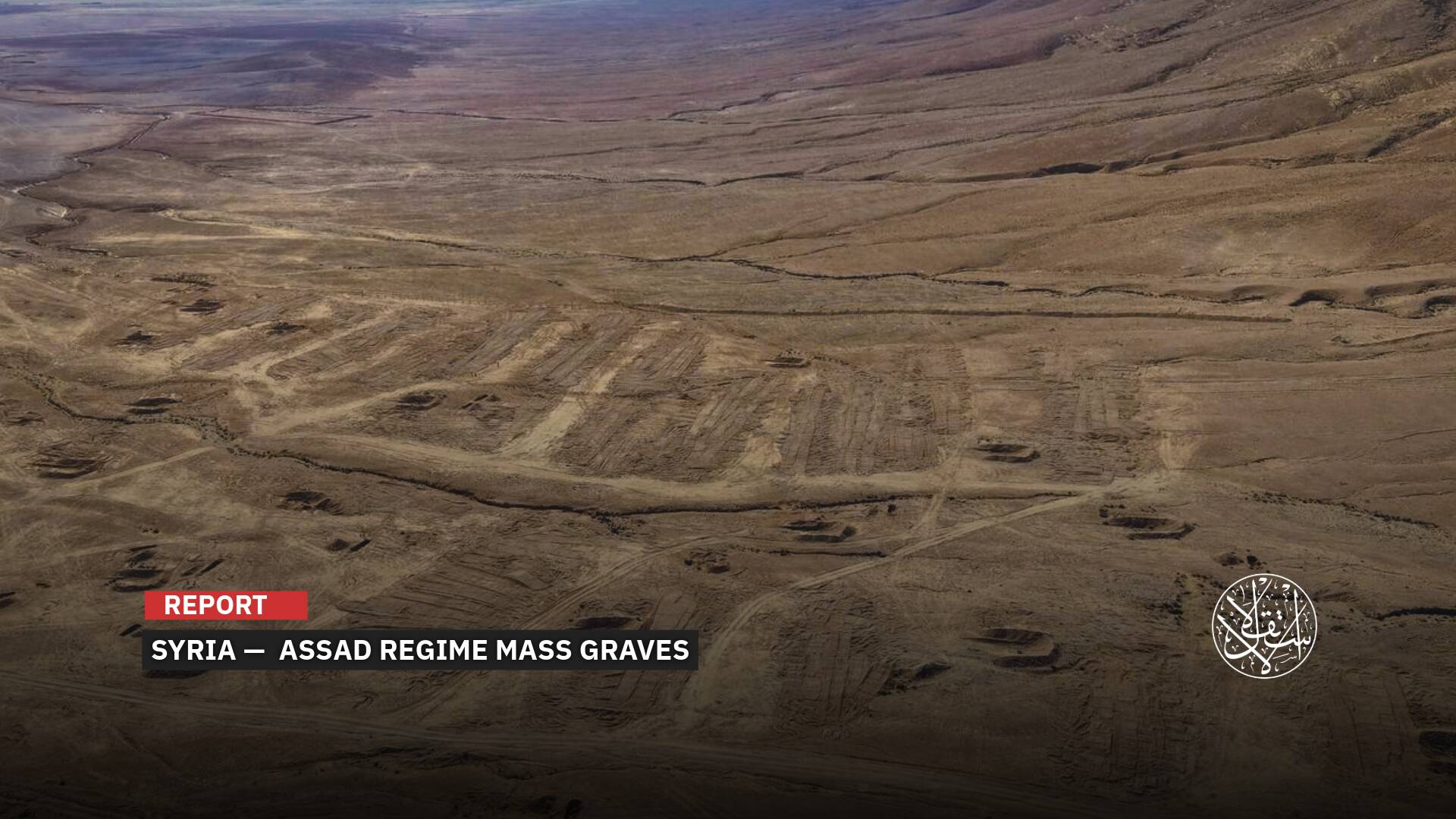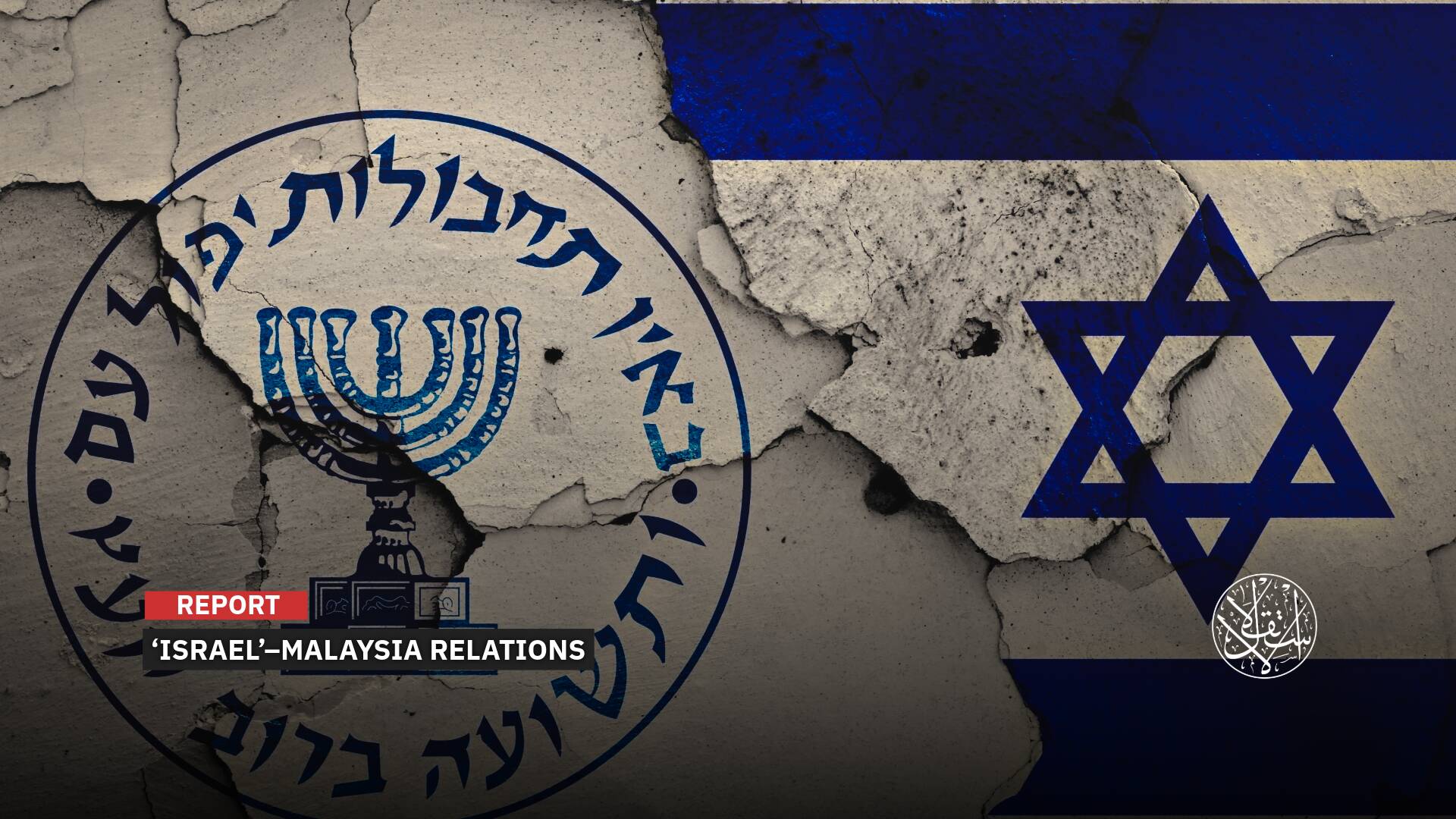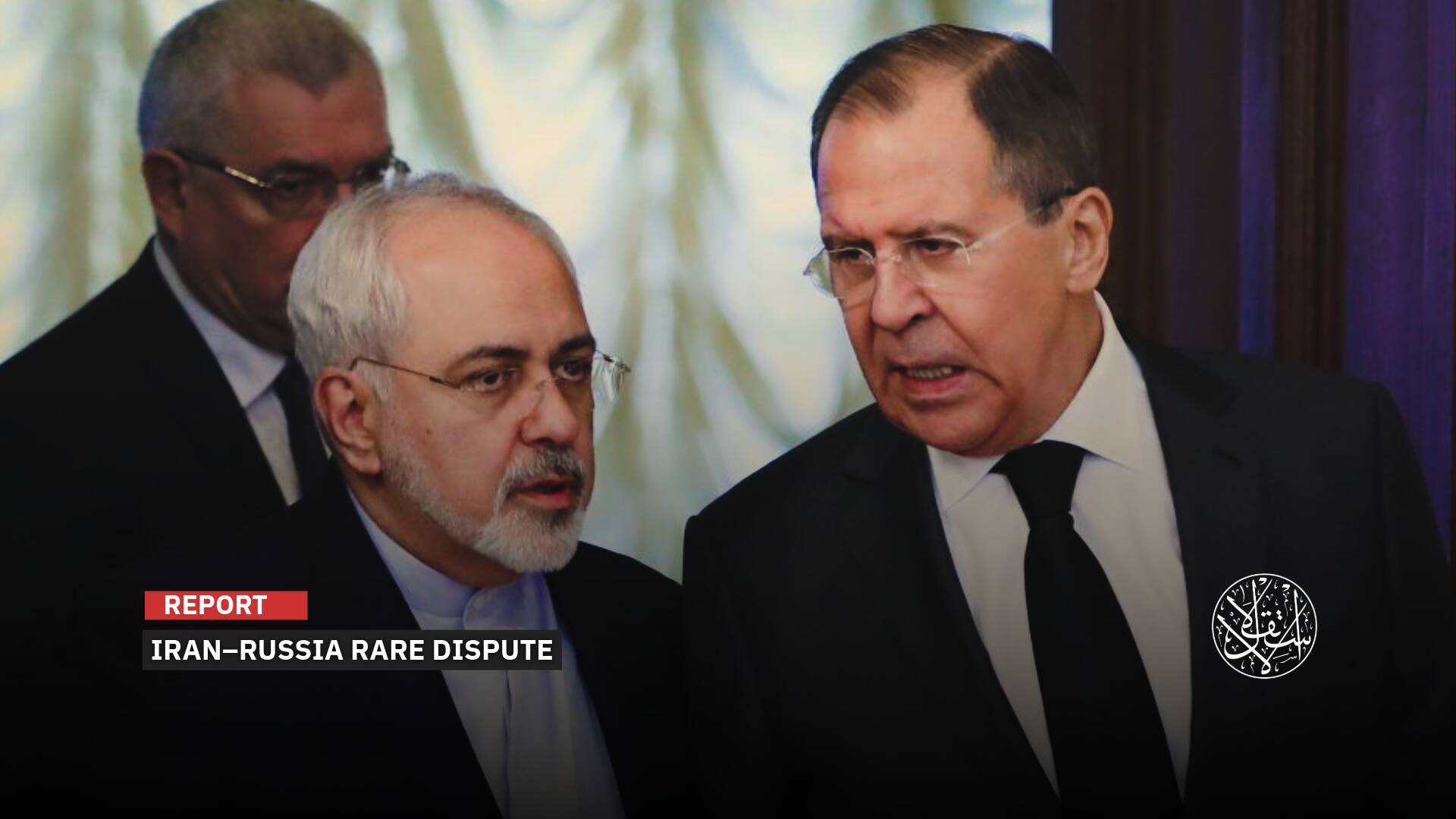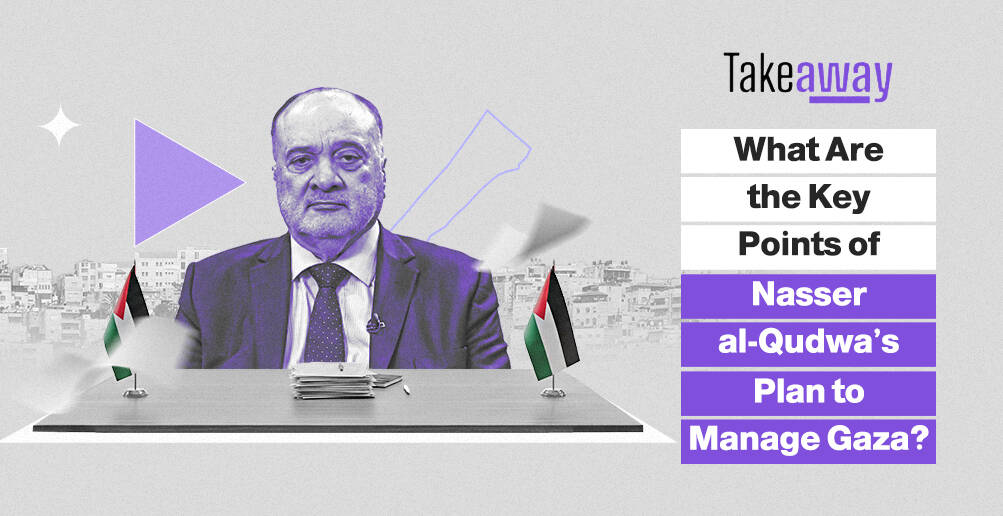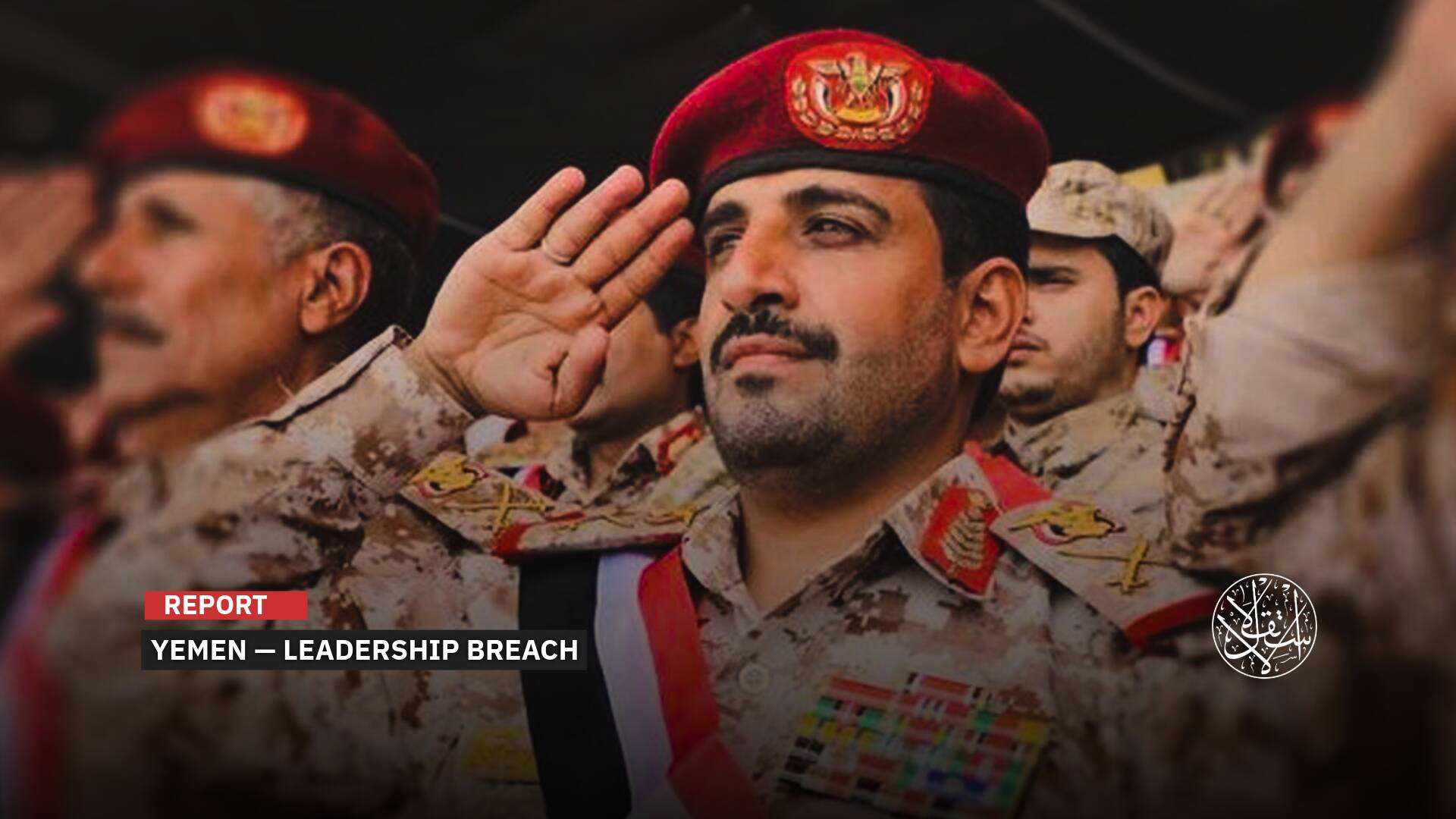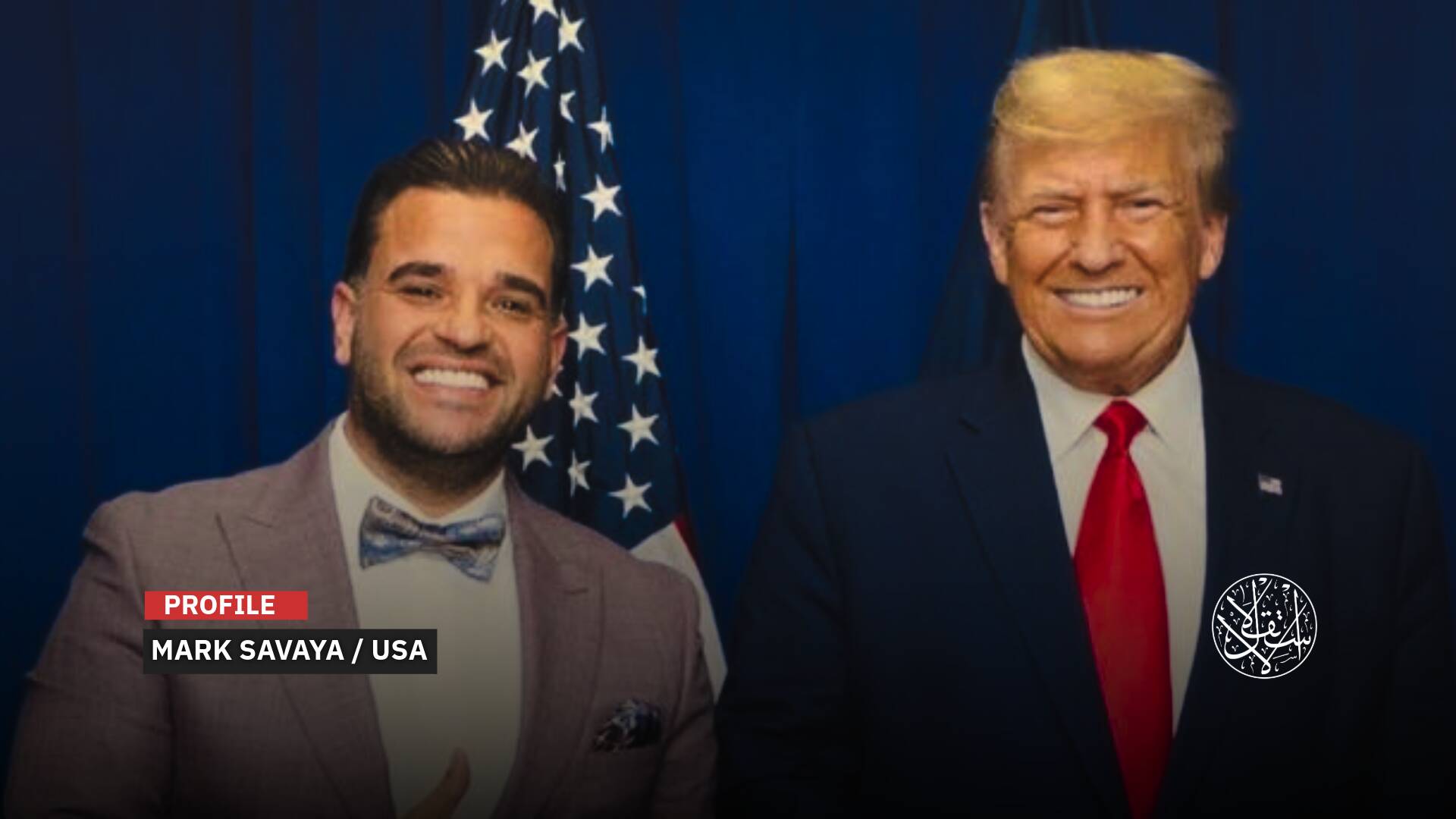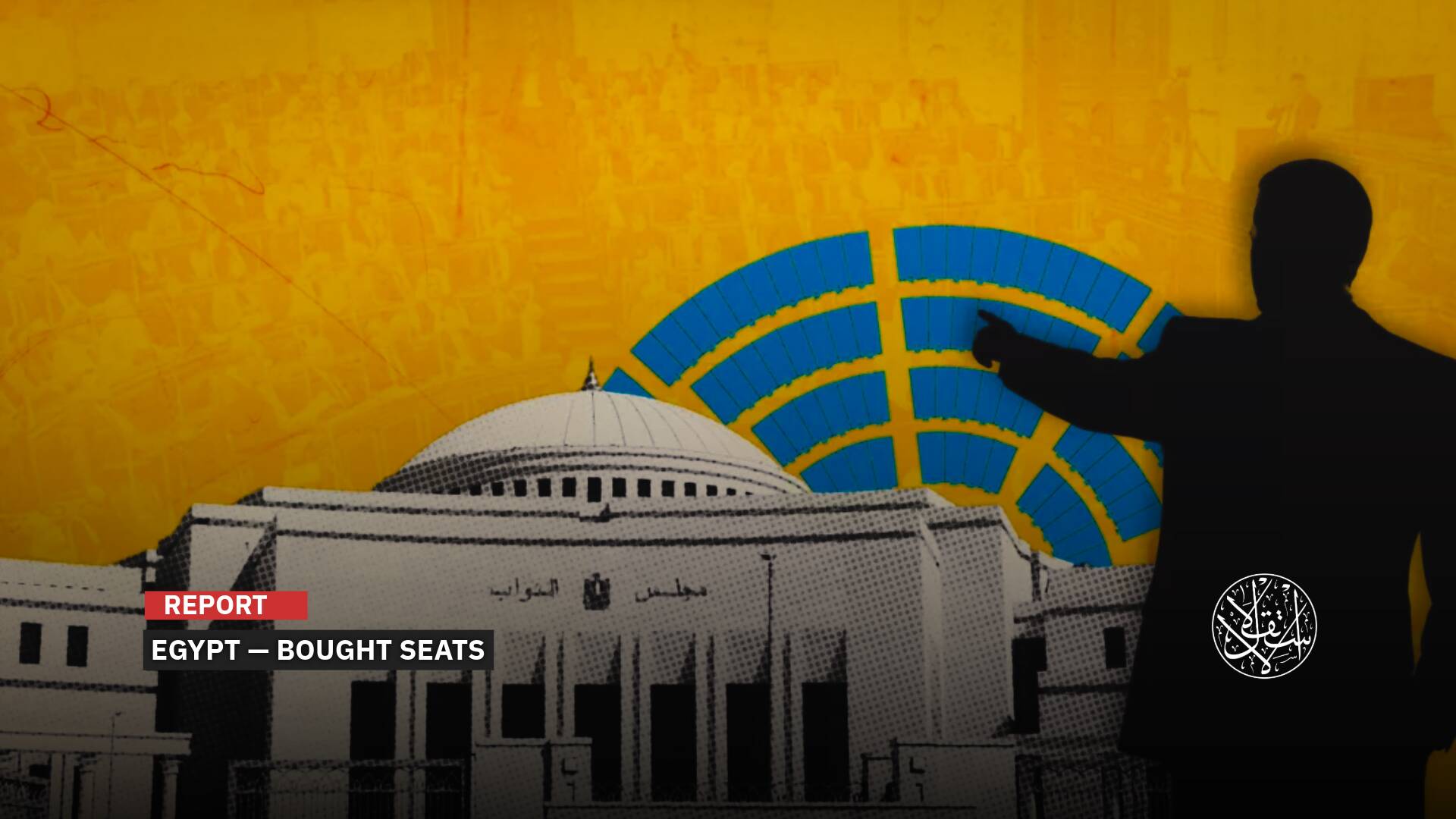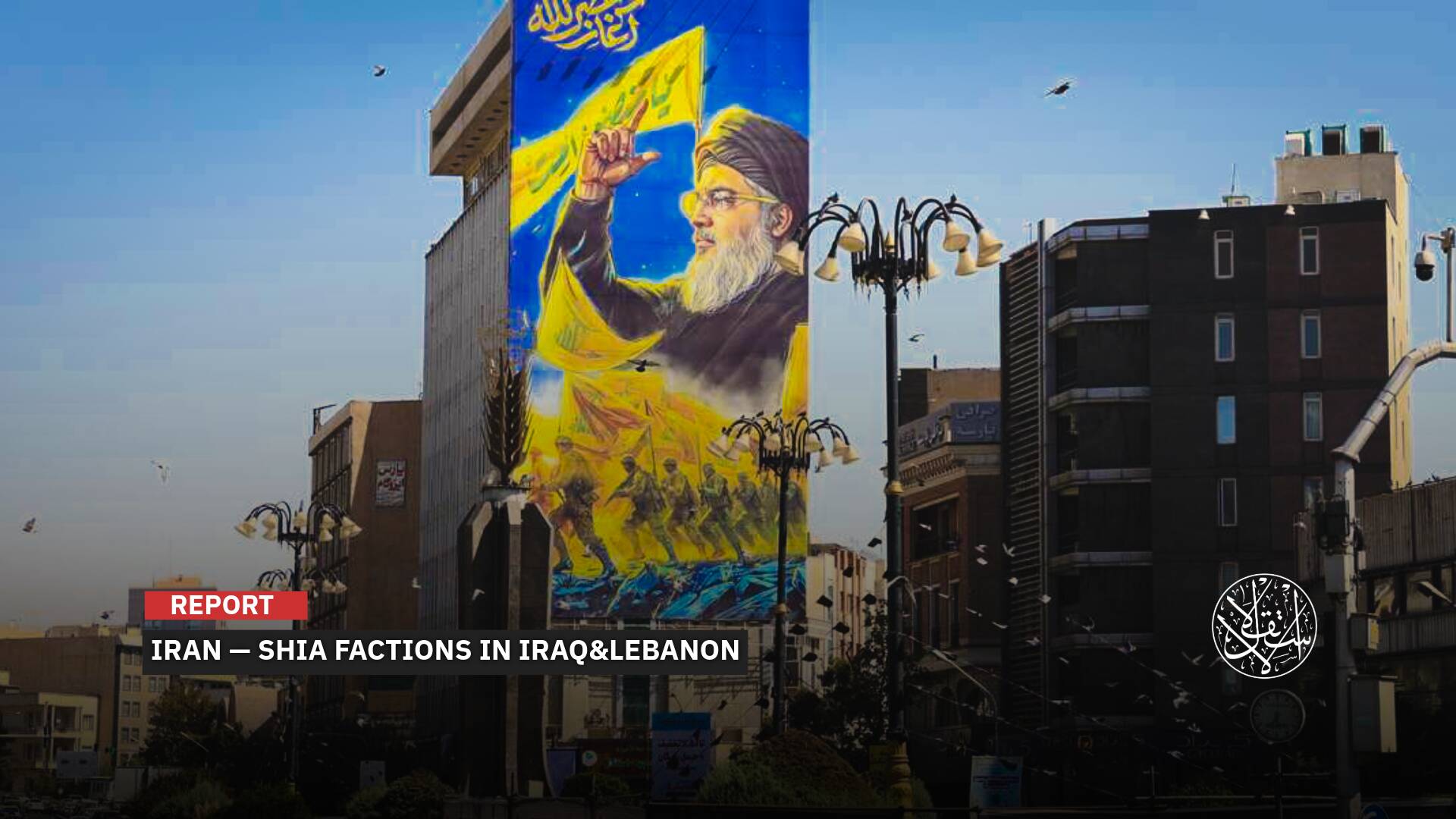How Did US Muslims React to the FBI Mosque Surveillance?

The US Muslims accusations of the FBI systematically spying on them since the 9/11 terrorist events have always lacked proof to conduct the FBI in the Courts. Yet, the confession of the FBI informant Craig Monteilh made all the difference.
On November 8th, the US Supreme Court considered a complaint filed by three Muslims who accuse the FBI of monitoring them in a mosque after the September 11, 2001, attacks for no reason other than their religious affiliation.
The New York Times reported that: “The case arose from the surveillance of Muslims in Southern California in 2006 and 2007 by Craig Monteilh, an FBI informant. The surveillance failed to produce any public evidence of wrongdoing. To the contrary, after Mr. Monteilh started talking about jihad and violence at a mosque in Irvine, California, a community leader contacted the FBI to report him.”
It added: “Three of the men Mr. Monteilh spied on sued the FBI and the agents responsible for directing him, claiming, among other things, that their right to exercise their religion had been violated. The government moved to dismiss those claims, invoking the state secrets privilege.”
In an interview with Al-Estiklal, Salma Ashraf Director of Human Rights Monitor pointed out that: “The US judiciary must stop the FBI from violating the rules set by the 1978 US surveillance law, for domestic spying on Americans.” She emphasized that “the Court needs to compensate the Muslim victims subjected to the FBI violations.”
FBI Informant’s Confession
“The FBI paid an informant with a criminal record to infiltrate these mosques," said Ahilan Arulanantham, an attorney with the American Civil Liberties Union who represents the complainants in the Supreme Court.
The FBI informant Craig Monteilh against the FBI raised when he was imprisoned for felonies. After his release in 2008, he wanted to take revenge. He held an impromptu press conference in his living room called to the local press and revealed "Operation Flex” and described how he spied on Muslims for the FBI without believing that these Muslims were committing crimes.
The informant presented himself as a person who converted to Islam and is eager to discover his Algerian-French roots.
The Intercept Report revealed that the FBI asked Craig to gather as much information as possible about the worshipers, from "phone numbers to email addresses, and to secretly record conversations."
The informant recorded the congregational prayers in the mosque and stashed a recording device in his car key, as well as recorded video clips in mosques, homes and shops.
The report added that the informant, at the request of the FBI, "tried to incite violence, but he frightened people with his comments about bombings using bombs, jihad and wars in Iraq and Afghanistan, and they even reported him to the FBI."
Suing the FBI
The three men suing the FBI are the imam of the Islamic Foundation in Orange County, Yasser Vasaga, Ali Al-Din Malik, and Yasser Abdul Rahim. They confirmed that the FBI planted an informer in their mosque between 2006 and 2007 to collect information on the worshipers.
The Department of Justice stated that it started this monitoring program for objective reasons, not because these people are Muslims. The ministry invoked a law relating to state secrets to avoid giving details of the matter and asked the courts to dismiss the complaint.
A California district court dismissed the complaint and agreed with the FBI's position that it carried a risk of revealing state secrets.
Yet, the United States Court of the Ninth Circuit rejected the decision, stating that the lower court should have held closed sessions to assess any secret evidence. However, the FBI filed an appeal against the decision, and the Supreme Court agreed to hear the case.
It will decide whether a district court can see classified evidence to determine whether the government surveillance is lawful.
Ahilan Arulanantham, an attorney with the American Civil Liberties Union who will represent the complainants in the Supreme Court, said that the issue is "extremely important" as it is about whether the government can block any complaint against its monitoring programs "even when there are largely justified accusations…of religious discrimination."
For Michael German, who was an FBI agent and a fellow at the Brennan Center for Justice, the government is less concerned with state secrets than by escaping public accountability for its actions. “Using the state secrets advantage in order to protect the FBI’s method from public scrutiny and legal accountability, and that is why practices continue without public recognition that leads to reform.”
Human Right Organizations’ Condemnation
Salma Ashraf said to Al-Estiklal that there are many human rights violations committed by the FBI against Muslims. Particularly after the 09-11 attacks when the FBI office has recruited more than 15,000 agents, the largest number in its history, to spy on Muslims.
She added: “This surveillance is incompatible with the US Muslims constitutional rights, and it causes the loss of US Muslim Citizens sense of security. It cannot be justified in any ways.”
She pointed out that: “Secondly, this behavior is considered racial discrimination against a special group of citizens that the FBI wants to besiege and portray them as if they are accused of terrorism. This is totally unacceptable and as a human rights organization we do not accept it.”
The lawyer Ahilan Arulanantham told reporters that the question for the court was simple: “Will the people we represent ever get their day in court? Are the courts open to protect this community’s religious freedoms, or can the government slam the doors shut whenever it claims to be acting in the name of national security?”
Film Production Discovering the FBI Surveillance
The Feeling of Being Watched is a film produced by Assia Boundaoui in 2018 to depict the severe impacts of the FBI surveillance on the Muslim community. Assia’s aim was to reveal that spying on Muslims has become a widespread phenomenon targeting Muslim-American communities across the country.
The filmmaker stressed that: “The film tries to discover the impacts of FBI surveillance on our sense of self, our ability to create and connect, our right to dissent, and the impact it’s having on our collective democracy.”
She emphasized: “Unwarranted surveillance transforms communities into places where neighbors distrust each other, people censor themselves, and everyone lives with an unhealthy dose of fear and paranoia. I believe that our ability to hold the government accountable is only as strong as our ability to compel government transparency.”
Sources
- US citizens v FBI: Will the government face charges for illegal surveillance?
- Supreme Court Weighs Case against FBI for Spying on Muslims
- The judiciary is looking into the FBI surveillance of a mosque in America [Arabic]
- US Supreme Court hears arguments in Muslim civil rights case
- California: 3 Muslims accuse the FBI of violating their freedoms [Arabic]
- When the FBI Knocks: Racialized State Surveillance of Muslims






